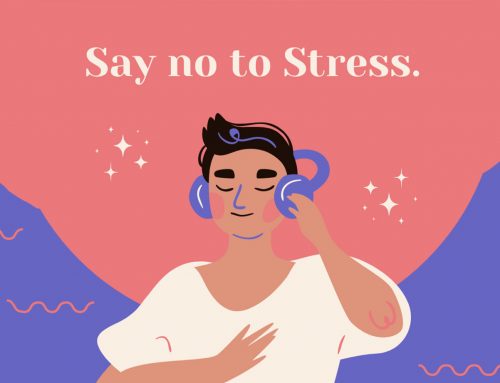Introduction:
Sexual education plays a vital role in empowering individuals to make informed decisions, foster healthy relationships, and promote overall well-being. Yet, it remains a topic surrounded by myths, taboos, and inadequate education in many societies. In this blog, we will delve into the importance of sexual education and its positive impact on individuals, relationships, and society as a whole.
- Dispelling Myths and Misconceptions: Sexual education serves as a platform for debunking myths and misconceptions surrounding sex. By providing accurate information about anatomy, reproduction, contraception, sexually transmitted infections (STIs), and sexual pleasure, individuals can make informed choices and have a realistic understanding of sexual health.
- Promoting Health and Safety: A comprehensive sexual education curriculum equips individuals with the knowledge to prioritize their sexual health and safety. It includes topics such as STI prevention, proper condom use, regular testing, and understanding consent. By empowering individuals with this information, sexual education helps reduce the risk of unplanned pregnancies, STIs, and other related health issues.
- Nurturing Healthy Relationships: Sexual education goes beyond the physical aspects of sex and encompasses communication, consent, and healthy relationship dynamics. It emphasizes the importance of open and honest communication between partners, understanding boundaries, and promoting mutual respect. Such skills foster healthy relationships built on trust, empathy, and shared values.
- Encouraging Sexual Well-being and Pleasure: Sexual education plays a crucial role in promoting sexual well-being and pleasure. It encourages individuals to explore and understand their bodies, desires, and preferences without shame or guilt. By providing information on sexual anatomy, arousal, and techniques for enhancing pleasure, sexual education helps individuals develop a positive and fulfilling sexual identity.
- Empowering Decision-Making: One of the fundamental goals of sexual education is to empower individuals to make responsible and informed decisions about their sexual lives. It equips them with the tools to understand and evaluate potential risks, weigh consequences, and make choices aligned with their values and personal boundaries. This empowerment promotes autonomy, self-confidence, and healthy decision-making in intimate relationships.
- Fostering Gender Equality and Consent: Sexual education plays a critical role in addressing issues of gender equality and consent. It educates individuals about the importance of consent, boundaries, and respect for personal autonomy. By challenging traditional gender roles and stereotypes, sexual education promotes equality and helps individuals understand the importance of enthusiastic and ongoing consent in all sexual interactions.
- Addressing Diversity and Inclusivity: A comprehensive sexual education curriculum acknowledges and respects diverse sexual orientations, gender identities, and cultural backgrounds. It provides a safe space for individuals to explore their identities, understand different perspectives, and combat discrimination. By fostering inclusivity, sexual education helps create a society that embraces diversity and promotes acceptance.
Conclusion:
The importance of sexual education cannot be overstated. By providing accurate information, dispelling myths, and addressing critical topics related to sexual health, relationships, and well-being, sexual education empowers individuals to make informed decisions, nurture healthy relationships, and advocate for their sexual rights. It is an essential component of personal development, promoting a society that values consent, respects diversity, and embraces the fundamental right to a healthy and fulfilling sex life for all.








Leave A Comment